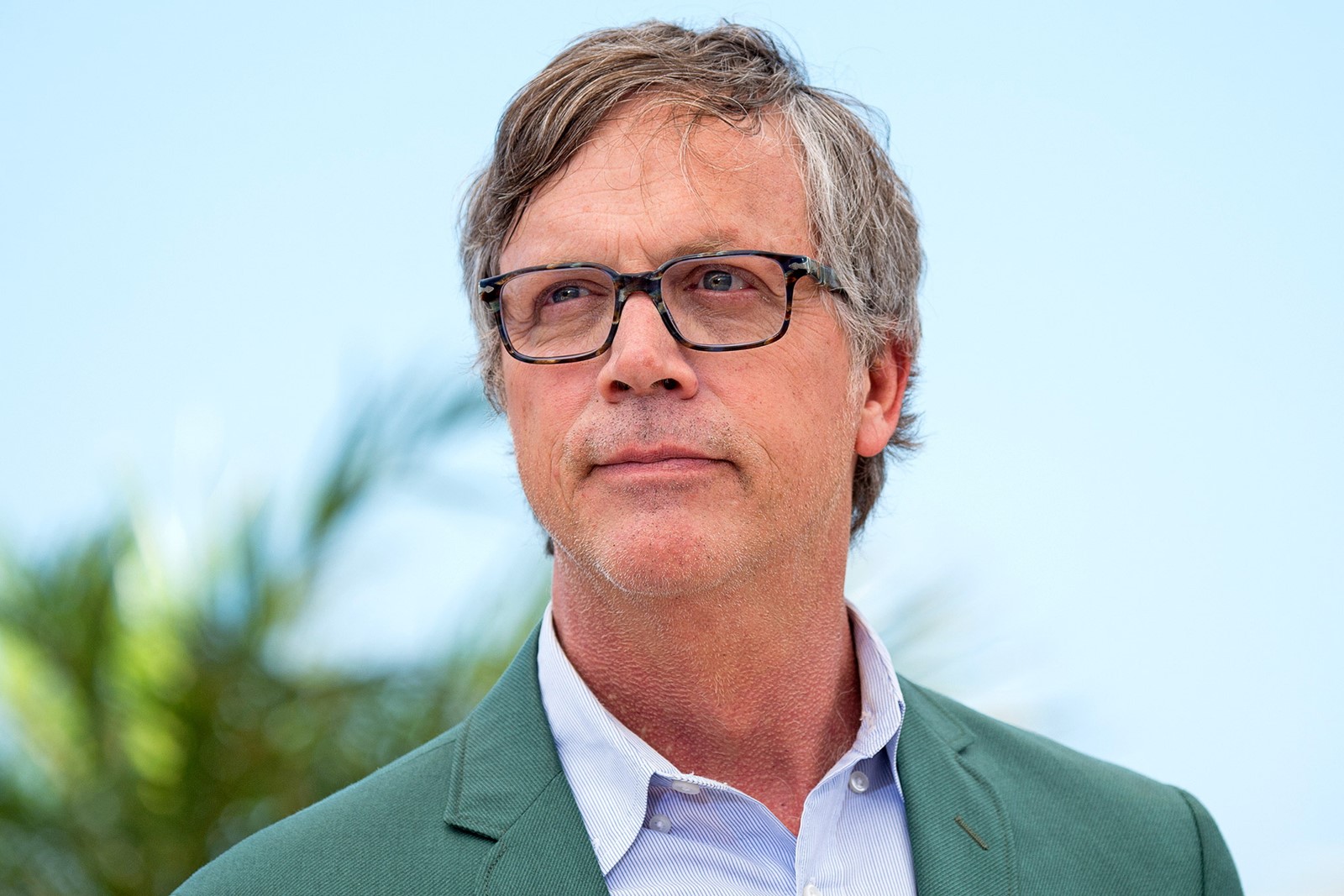
Todd Haynes considers his being one of the frontrunners in the 1990s revolutionary New Queer Cinema movement — spurred on in part by what many saw as a weak response to the devastating AIDS crisis — to be one of the great honors in a storied career that has already produced timeless classics such as “Far From Heaven,” with Julianne Moore; “The Velvet Goldmine” with Ewan McGregor, Christian Bale, Jonathan Rhys Meyers and Toni Collette; and “Carol,” starring Cate Blanchett and Rooney Mara.
Rather than relax on those laurels, the 64-year-old filmmaker remains as busy as ever and even sees a renewed demand to stand up and be active.
In an interview about the Berkeley Art Museum and Pacific Film Archive’s retrospective “Todd Haynes: Far From Safe,” Haynes talked about his directing style and how a revitalized creative landscape might result from today’s volatile American political climate — a time that could lead to cutbacks in AIDS funding, LGBTQ rights and civil liberties in general.
All of which concern Haynes.
“We have to get back on the streets again, when we thought a lot of these battles had been fought and won that had to do with queerness,” he says..
Recent developments “are obviously going to force us on the left, in the gay community and elsewhere and in other minority communities to stand up and fight,” he said. “So let’s hope that it also produces a new energy and fortitude in film and in art. But we have much bigger things to address.”
The Haynes retrospective opens Saturday and runs through April 12, with tickets available for screenings in which Haynes does not appear. Other events are sold out.
From the start of his film career, Haynes has brought a particular brand of energy and fortitude to his work, while frequently courting controversy. That played out with his quirky 1987 experimental documentary “Superstar: The Karen Carpenter Story,” which focused on the singer’s battle with anorexia and used stop-motion animation, archival footage and Barbie dolls to do so. It got banned but it also got bootlegged.
Haynes career got a big boost from both critics and audiences alike at the Sundance Film Festival and later the Berlin Film Festival (he served as jury president at the fest’s 75th iteration held last month) when his 1991 experimental indie film “Poison” made a splash at both.
“Poison” went on to win the Teddy Award (one of the highest honors to be bestowed on an LGBTQ film), and screens at 6:30 p.m. April 5 at BAMPFA (Haynes will not appear at that event).
The film also riled conservatives such as Senator Jesse Helms and the Rev. Donald Wildmon. Undaunted and undeterred by their reactions, Haynes went on to partner with an actor who would become one of his frequent collaborators, Julianne Moore.
The San Fernando Valley-set medical malaise drama “Safe” (screening 2:30 p.m. March 8, with Haynes in conversation) unnerved many viewers as well-off housewife Carol White (Moore) sees her health problems pile up to the point that she is convinced environmental dangers are lurking around every suburban corner. He knew that Moore was ideal for the tricky part from the instant he met her.
“I was thrust into astonishment the very first time that we met, which was her reading for me …,” he recalls. “Everything I will continue to say about her through all these years was evident in that room on that day, which was among so many things, just an incredible understanding of the scale of the medium and how to make it her own. And how to sort of proportion her performances to the camera, a kind of resistance to being digital or made to follow rote emotional investment that we make in characters whether they’re women or gay people or Black people. She was gonna play it on her own terms and make the viewer have to kind of reach at times to find her.”
Moore collaborated with Haynes on two other films, receiving a best actress Oscar nomination for playing a sexually frustrated wife of a closeted gay man in 2002’s Douglas Sirk-inspired “Far From Heaven” (Sunday) and as a woman who creates a scandal when she has an affair with a teen lover in 2023’s unsettling “May December” (April 12).
“A lot of my films,” he says, “are about very unremarkable people who struggle very much under their circumstances and are not particularly strong. But there are other films of mine in which female agency is definitely a part of the story and sometimes a part of other kinds of conflict that they discover.”
Critical in getting those characters portrayed well has a lot to do with hiring the right actor, and Haynes credits casting director Laura Rosenthal, with whom he’s worked since 1998, for helping him do just that. She helped land “Riverdale” star Charles Melton for the role of Joe Yoo, the much-younger lover and eventual husband of Gracie Atherton-Yoo (Moore), in “May December” (April 12)
Many actors vied for the part, but Haynes felt Melton was unique, he says, later adding, “The best thing that could possibly happen for a director is you learn more about what you’re doing through the unexpected discovery of different people and what they bring.”
Other Haynes works hold a special place in his filmography, including “Carol” (March 26), his adaptation of Patricia Highsmith’s novel “The Price of Salt.” Set in 1950s New York around Christmastime, the story of ill-fated love stars Blanchett as a fashionable older woman who is undergoing a divorce and falls for a clerk (Mara). The film has turned into a bit of a seasonal tradition for lesbian fans.
“I think it’s a Christmas movie when I never expected it to be,” he said. “But any sort of ritual that surrounds films that you make is always such a sweet, unbelievable event. So I’m all for it.”
Contact Randy Myers at soitsrandy@gmail.com.


 PREVIOUS ARTICLE
PREVIOUS ARTICLE
